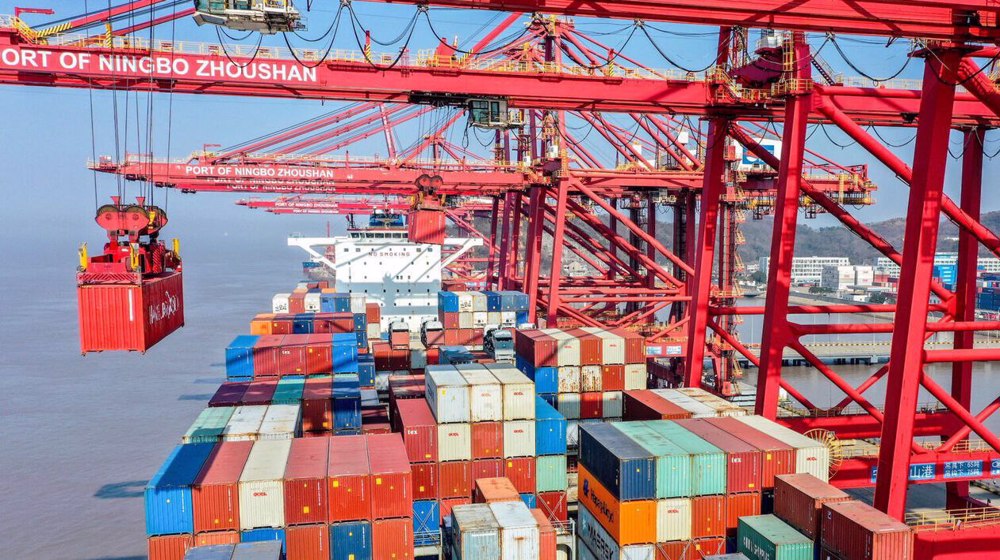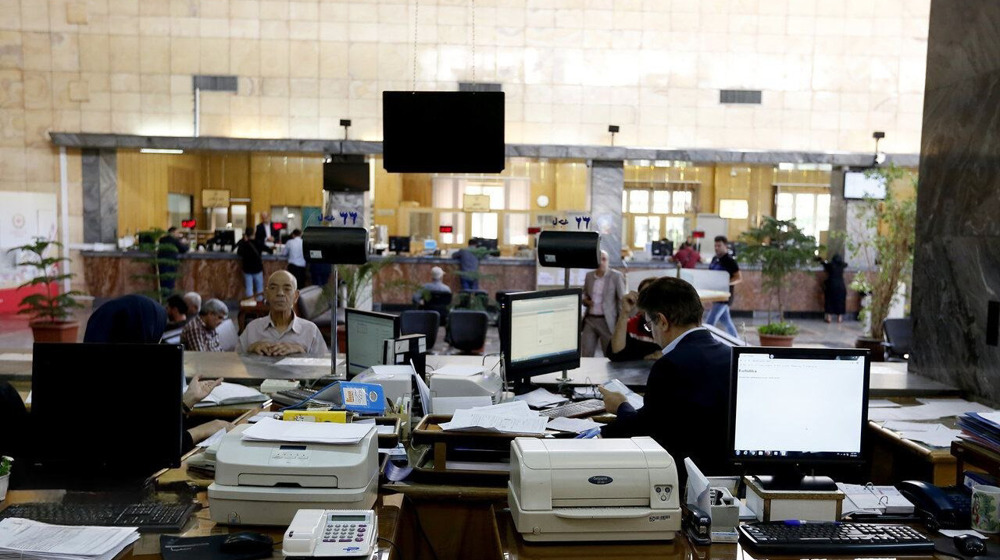Major drop in Russian exports to Iran
Indications are growing that Russia’s trade with Iran have been on a decline over the past few months in what experts say could be a result of the warming trade relations between Iran and the West now that the sanctions against the country have been lifted.
Reuters in a report on Friday revealed a drop of 16 percent in the value of goods shipped from Russia’s Astrakhan port to Iran – the main jumping-off point for Russian sea-borne trade with Iran.
It said the drop – that was based on a comparison of official data - had been registered over the first four months of the current year compared to the same period last year.
Reuters said in its report that traders blame the Russian red tape for this – what they suggested has clearly put them behind their Western rivals.
The worst affected commodity category appears to have been grain. In an interview with Reuters, Alexander Zhilkin, the Astrakhan region governor, said grain exports this year would be lower than in 2015 because Iran was enforcing temporary grain import restrictions.
But he said he expected trade to double within 18 months of all the international sanctions being lifted on Iran.
"Petrochemicals, paper, glass, wood, wood products; there is demand for all of that," he said. "This year, unexpectedly, we've had requests from Iran for potatoes and onions."
However, local business people say the deeper problem is not demand.
Traders who move goods through Astrakhan to Iran talk of layers of red tape that can hold up cargoes for months, of corrupt officials withholding permissions, and of import and export regulations changing without warning.
"That's why our share of trade with Iran is pitifully small," Alexander Rybakov, finance director of RusIranExpo, an exporters' union, has told Reuters.
With sanctions gone, business people in Astrakhan predict that big global grain traders will now move into the Iran market, squeezing out Russian players.
The big global traders will have lower costs because they can deliver grain on vessels of up to 70,000 tons via Iran's ports in the Persian Gulf, while the maximum size of vessels in the Caspian is 6,000 tons, Hossein Lotfi, the owner of a trading firm, has told Reuters.
"If Russia does not take steps to hold onto its trade with Iran, it could lose 20 to 30 percent of grain exports," said Lotfi, who is also a consultant to Astrakhan's chamber of commerce with Iran.
"Once payments are simplified new players could come into the south of Iran, and they can offer lower prices."
EU Parliament halts US trade deal after Trump tariff threat
VIDEO | An unchecked presidency
VIDEO | Deportations strain Afghanistan’s fragile economy
‘Full-scale atrocity’: Iran security body reports 2,427 martyrs in US-Israeli-led riots
Smallest coffins are the heaviest: The three youngest victims of foreign-backed riots in Iran
Hamas warns of ‘systematic Israeli violations’ as Gaza ceasefire teeters
Israeli strikes kill 11 across Gaza, including children and journalists: Palestinian medics
US forces transferring Daesh prisoners from Syria to Iraq: CENTCOM










 This makes it easy to access the Press TV website
This makes it easy to access the Press TV website